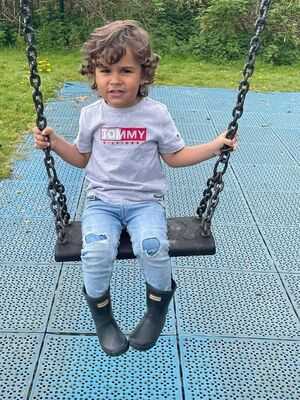
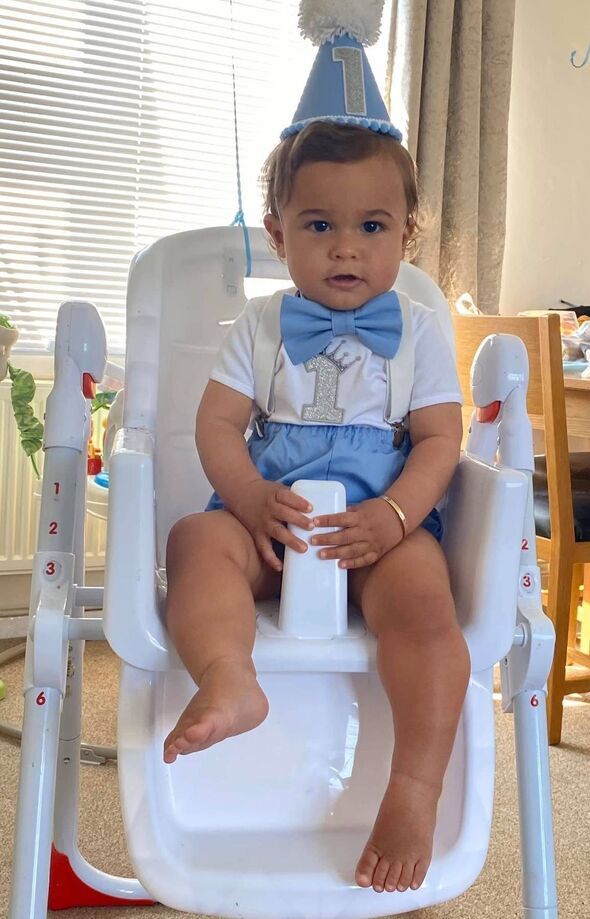
A three year old boy, Theo Tuikubulau, tragically lost his life to sepsis after a series of "missed opportunities" failed to provide him with the urgent hospital care he needed, an inquest has ruled.
Theo was suffering at home with flu-like symptoms, a high fever, and difficulty breathing, yet critical chances for vital treatment were overlooked. The inquest jury identified three principal "missed opportunities" that played a part in his untimely death: lapses in the 72-hour open access line, discrepancies between 111 and 999 triaging processes, and hold-ups in dispatching an ambulance.
"From this, Theo died from an invasive Group Strep A infection contributed by missed opportunities to render earlier care and treatment," they declared.
Admitted to hospitalInitially admitted to Derriford Hospital in Plymouth on July 6, 2022, Theo was released after a few hours with what was thought to be an upper respiratory tract infection. As his condition deteriorated over the next days, his mother, Kayleigh Kennerford, became increasingly worried but mistakenly thought it was part of the healing process.
"I remembered that the doctor had said that Theo might get worse before he got better, so I was thinking that it was his body fighting the infection," she recounted to the inquest. "I was watching my son deteriorate and just thinking that this was how things were supposed to happen, that he would get worse before he got better, but really, he was dying.",reports the Mirror.
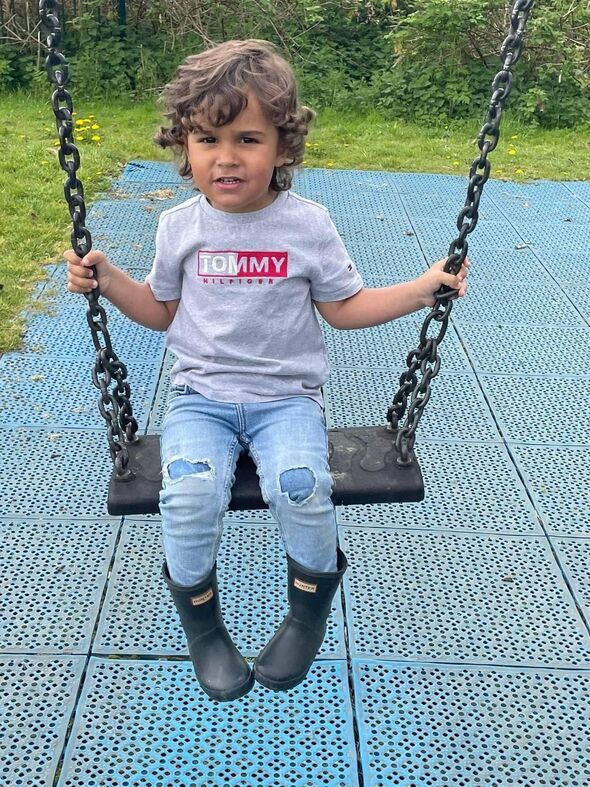 Fobbed off
Fobbed off
Ms Kenneford contacted the 72-hour, open access line mentioned in a discharge letter but felt she was being "fobbed off" by a nurse. An hour later at 11pm, she dialled 111 and after three more calls, an ambulance arrived at their home near Plymouth just before 12.30am.
Theo was admitted to the hospital just after 1am - approximately 90 minutes after Ms Kenneford's initial call to 111. Despite receiving emergency treatment, he suffered a cardiac arrest at 1.35am and died shortly afterwards.
Sepsis deathHis death was attributed to sepsis, resulting from an "invasive" Strep A infection.
Prior to Theo's first hospital admission, South West Ambulance Service Trust categorised his case as category one - indicating it was life-threatening. However, when Ms Kenneford called 111, Herts Urgent Care, the service operator, classified her son's case as category two, causing a delay in the ambulance response.
The inquest revealed that the two services use different systems for grading emergencies. Jon Knight, head of emergency operations at the South West Ambulance Service Trust, stated that if his team had handled the call, it would have been deemed a category one.
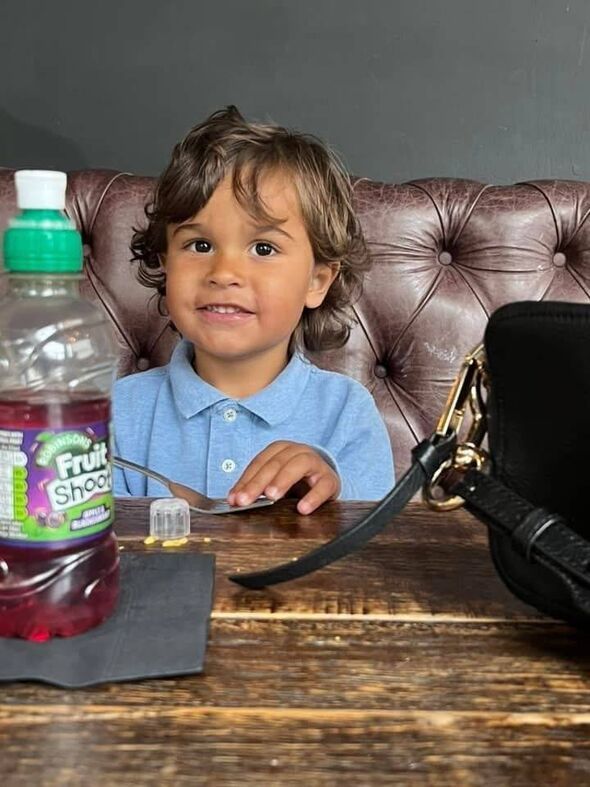 Response time
Response time
When questioned about the likely response time, he responded: "It certainly would have been quicker than 90 minutes, would be my belief."
The inquest also heard that if the ambulance had reached Theo within the national target time, he could have been in hospital by midnight.
Professor Damian Roland, a consultant in paediatric emergency medicine, stated that Theo's initial discharge from the hospital in the early hours of July 7 was not unreasonable. However, following Ms Kenneford's conversation with a nurse, he should have been reassessed.
Professor Roland explained that he couldn't pinpoint when the sepsis developed, but once an "inflammatory cascade" begins, it "can be difficult, sometimes impossible to stop". He clarified, "I am very clear about the fact that the night before (July 6), we were not in a cascade situation."
Challenging outcomeThe inquest heard that it was challenging to determine what the outcome would have been if Theo had been re-admitted to the hospital after his mother's phone conversation with the nurse or following the 111 call. Professor Roland stated, "I can't say on the balance of probability that intervention by 11pm would have made a critical difference."
Assistant coroner Louise Wiltshire inquired, "Is it likely on balance of probabilities that Theo would have died when he did if appropriate care and treatment was administered at 11pm?" Professor Roland responded, "I think had he arrived earlier, I think it is possible that he would not have suffered the cardiac arrest at that point."
When questioned about the potential outcome had Theo reached the hospital by midnight, if the 111 call had been classified as a category one emergency, Prof Roland responded: "I think some earlier treatment would have especially delayed the collapse," At the conclusion of the inquest, Ms Wiltshire expressed her concerns about the 111 and 999 systems for grading calls which "appear to create a two-tier system particularly if both are used in the same geographical area".
She stated that she would be seeking additional information before deciding whether to issue a Preventing Future Deaths report.
-
Jobs: Job in the world's selected company, salary 37,000,000, life will be set..

-
EPFO Rule 2025: How much pension will PF account holders get on retirement, understand the calculation..
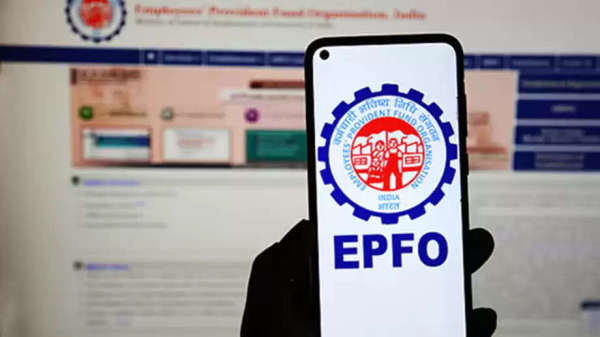
-
How to use ChatGPT correctly in studies? Toppers also do not know these tricks!

-
Agniveer Air Force Musician: Opportunity to get a job in the Air Force, but marriage will not be allowed..

-
JOBS: Great opportunity to get a job in UPPSC, 12th pass can apply, salary will be Rs 20,000..
